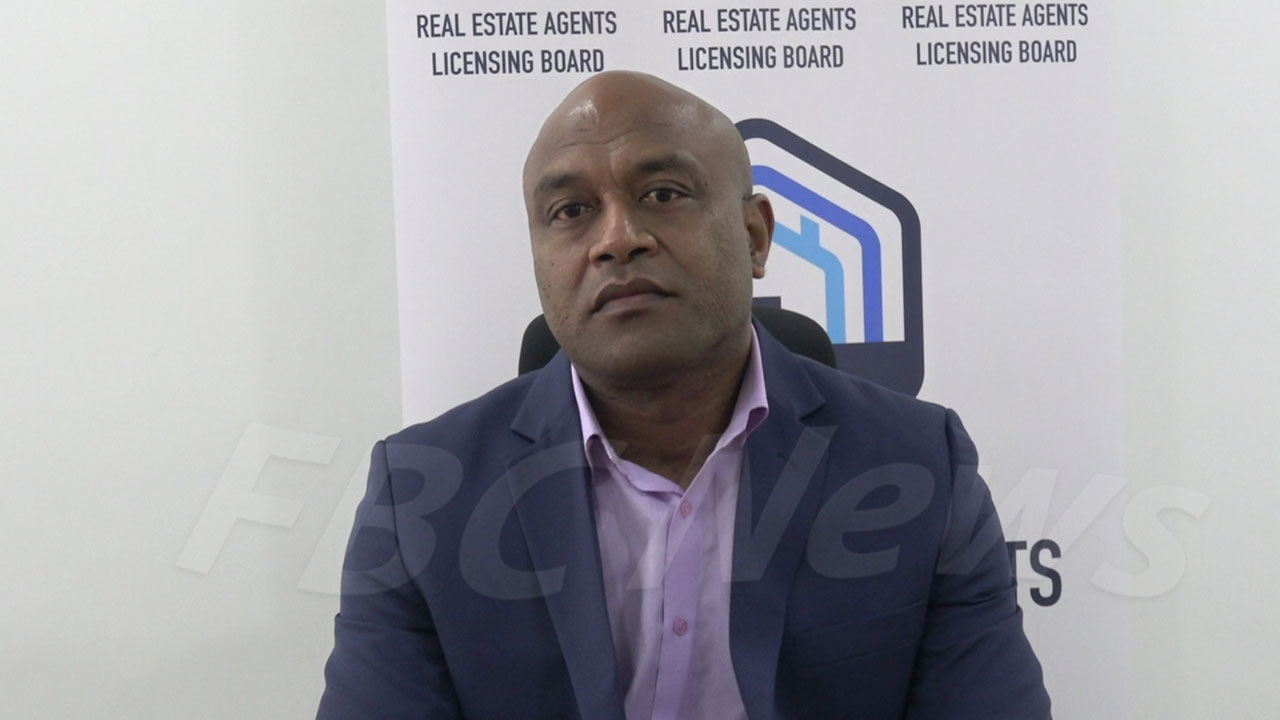
You should be able to understand the seller closing costs, regardless of whether you're buying or selling a home. The costs vary from state to state, but on average they range between 6% and 10% of the sale price. These costs include the 6% broker fee, appraisal fees and building flip tax as well as escrow fees, escrow fees, legal fees and miscellaneous fees. These costs are paid usually by the seller. But the buyer may have to pay some.
The type of mortgage you take will determine the amount of money required to cover seller closing costs. An example: For every $100,000 you borrow, you could be responsible for paying an $1,750 premium in insurance. Annual mortgage insurance is required if you use FHA financing. You will pay more for multi-family properties having four or more units.
Other costs that may be involved in the selling or purchasing of a home include a property survey, prorated property taxes, and termite remediation. Additionally, be ready to pay unpaid homeowner’s association dues as well as liens against the property.

You can negotiate other types of seller closing costs, such as a lower rate on owner's coverage. Talk to your agent about any possible concessions. Some areas may require that the seller pay attorney fees and/or a settlement attorney. If the seller agrees, you should discuss how the payment will affect the net proceeds.
NYC Transfer Taxes will apply to anyone looking to purchase a New York City house. This is a tax levied both by the New York State as well as the city. For sales under $500k, the tax is 1%; for sales over $500k, it is 1.425%.
New York State Transfer Taxes are required in addition to NYC Transfer Tax. They can range from 1% to 2.075% for multi-family properties, and as low as 0.1% for single family homes. Additional recording fees may be imposed by the municipality. These fees can be found at the National Conference of State Legislatures.
You should speak with a professional real estate agent if you want to sell a New York property. They will be able explain the process and assist you in negotiations. You will also receive an estimate of seller closing costs.

Apart from these closing costs, you'll also need title insurance. This insurance protects you against future title problems. The cost of inspecting your property may vary depending on the lender. To make the property more appealing, you may need to make repairs. If your equity is low, you might have to pay out-of-pocket for closing costs. It is a good idea to shop around for other providers, if possible.
FAQ
What are the benefits to a fixed-rate mortgage
Fixed-rate mortgages guarantee that the interest rate will remain the same for the duration of the loan. This guarantees that your interest rate will not rise. Fixed-rate loans have lower monthly payments, because they are locked in for a specific term.
Do I require flood insurance?
Flood Insurance protects you from flooding damage. Flood insurance protects your belongings and helps you to pay your mortgage. Learn more about flood coverage here.
What are the most important aspects of buying a house?
When buying any type or home, the three most important factors are price, location, and size. Location refers to where you want to live. Price is the price you're willing pay for the property. Size refers to the space that you need.
Should I use a broker to help me with my mortgage?
A mortgage broker can help you find a rate that is competitive if it is important to you. A broker works with multiple lenders to negotiate your behalf. Some brokers earn a commission from the lender. You should check out all the fees associated with a particular broker before signing up.
What should you think about when investing in real property?
The first thing to do is ensure you have enough money to invest in real estate. If you don't have any money saved up for this purpose, you need to borrow from a bank or other financial institution. Also, you need to make sure you don't get into debt. If you default on the loan, you won't be able to repay it.
You must also be clear about how much you have to spend on your investment property each monthly. This amount must include all expenses associated with owning the property such as mortgage payments, insurance, maintenance, and taxes.
You must also ensure that your investment property is secure. You would be better off if you moved to another area while looking at properties.
Can I purchase a house with no down payment?
Yes! There are programs available that allow people who don't have large amounts of cash to purchase a home. These programs include FHA, VA loans or USDA loans as well conventional mortgages. More information is available on our website.
How can I get rid Termites & Other Pests?
Termites and other pests will eat away at your home over time. They can cause serious destruction to wooden structures like decks and furniture. You can prevent this by hiring a professional pest control company that will inspect your home on a regular basis.
Statistics
- This means that all of your housing-related expenses each month do not exceed 43% of your monthly income. (fortunebuilders.com)
- This seems to be a more popular trend as the U.S. Census Bureau reports the homeownership rate was around 65% last year. (fortunebuilders.com)
- Based on your credit scores and other financial details, your lender offers you a 3.5% interest rate on loan. (investopedia.com)
- Private mortgage insurance may be required for conventional loans when the borrower puts less than 20% down.4 FHA loans are mortgage loans issued by private lenders and backed by the federal government. (investopedia.com)
- When it came to buying a home in 2015, experts predicted that mortgage rates would surpass five percent, yet interest rates remained below four percent. (fortunebuilders.com)
External Links
How To
How to manage a rental property
You can rent out your home to make extra cash, but you need to be careful. We'll help you understand what to look for when renting out your home.
This is the place to start if you are thinking about renting out your home.
-
What are the first things I should consider? Consider your finances before you decide whether to rent out your house. If you are in debt, such as mortgage or credit card payments, it may be difficult to pay another person to live in your home while on vacation. Check your budget. If your monthly expenses are not covered by your rent, utilities and insurance, it is a sign that you need to reevaluate your finances. It might not be worth the effort.
-
How much does it cost for me to rent my house? It is possible to charge a higher price for renting your house if you consider many factors. These include factors such as location, size, condition, and season. Prices vary depending on where you live so it's important that you don't expect the same rates everywhere. The average market price for renting a one-bedroom flat in London is PS1,400 per month, according to Rightmove. This would translate into a total of PS2,800 per calendar year if you rented your entire home. That's not bad, but if you only wanted to let part of your home, you could probably earn significantly less.
-
Is it worthwhile? Doing something new always comes with risks, but if it brings in extra income, why wouldn't you try it? Be sure to fully understand what you are signing before you sign anything. Renting your home won't just mean spending more time away from your family; you'll also need to keep up with maintenance costs, pay for repairs and keep the place clean. These are important issues to consider before you sign up.
-
Are there any benefits? You now know the costs of renting out your house and feel confident in its value. Now, think about the benefits. There are plenty of reasons to rent out your home: you could use the money to pay off debt, invest in a holiday, save for a rainy day, or simply enjoy having a break from your everyday life. You will likely find it more enjoyable than working every day. You could make renting a part-time job if you plan ahead.
-
How do I find tenants After you have made the decision to rent your property out, you need to market it properly. Make sure to list your property online via websites such as Rightmove. Once you receive contact from potential tenants, it's time to set up an interview. This will allow you to assess their suitability, and make sure they are financially sound enough to move into your house.
-
How can I make sure that I'm protected? If you are worried about your home being empty, it is important to make sure you have adequate protection against fire, theft, and damage. In order to protect your home, you will need to either insure it through your landlord or directly with an insured. Your landlord will often require you to add them to your policy as an additional insured. This means that they'll pay for damages to your property while you're not there. This does not apply if you are living overseas or if your landlord hasn't been registered with UK insurers. In such cases, you will need to register for an international insurance company.
-
Even if your job is outside the home, you might feel you cannot afford to spend too much time looking for tenants. However, it is important that you advertise your property in the best way possible. A professional-looking website is essential. You can also post ads online in local newspapers or magazines. A complete application form will be required and references must be provided. While some prefer to do all the work themselves, others hire professionals who can handle most of it. Either way, you'll need to be prepared to answer questions during interviews.
-
What should I do once I've found my tenant? If there is a lease, you will need to inform the tenant about any changes such as moving dates. Otherwise, you can negotiate the length of stay, deposit, and other details. Keep in mind that you will still be responsible for paying utilities and other costs once your tenancy ends.
-
How do I collect my rent? When it comes time for you to collect your rent, check to see if the tenant has paid. If your tenant has not paid, you will need to remind them. Before you send them a final invoice, you can deduct any outstanding rent payments. You can call the police if you are having trouble getting hold of your tenant. If there is a breach of contract they won't usually evict the tenant, but they can issue an arrest warrant.
-
How do I avoid problems? Although renting your home is a lucrative venture, it is also important to be safe. Install smoke alarms, carbon monoxide detectors, and security cameras. You should also check that your neighbors' permissions allow you to leave your property unlocked at night and that you have adequate insurance. Do not let strangers in your home, even though they may be moving in next to you.